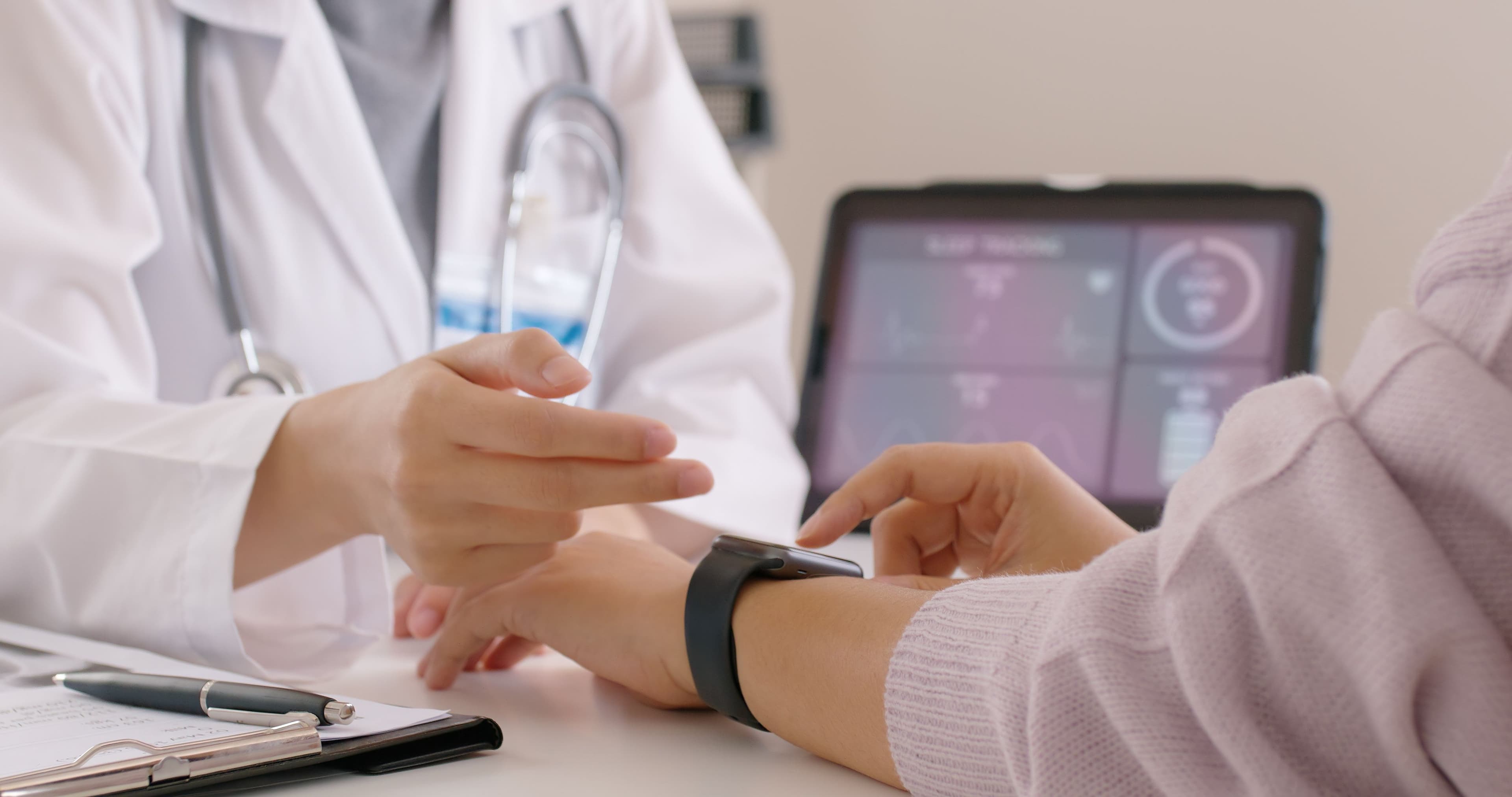World Diabetes Day: Understanding Risk, Remission, and Prevention

By Dr Mahsa Sheikh, Head of Research at REVIV Global
Diabetes is one of the fastest-growing health challenges of our time. In 2022, an estimated 828 million adults aged 18 years or older were living with diabetes, with rates of 13.9% in women and 14.3% in men. Type 2 diabetes (T2D) accounts for more than 96% of all cases worldwide.
On World Diabetes Day, one of the most practical messages to share is the importance of knowing your risk and taking early action. Adults who have overweight or obesity and additional risk factors should be screened for prediabetes and, if identified, referred to an intensive lifestyle intervention programme. Awareness is critical: nearly 90% of people with prediabetes are unaware of their condition, yet those who know their status are far more likely to adopt risk-reducing behaviours such as regular exercise and weight management.
Understanding the Health Risks
Monitoring prediabetes and diabetes is vital, as both increase the risk of cardiovascular and microvascular complications, chronic kidney disease, premature mortality, and certain cancers. These conditions often coexist with comorbidities such as hypertension, dyslipidemia, obesity, fatty liver disease, and cognitive dysfunction. Elevated cancer risk, particularly for liver, pancreatic, endometrial, colorectal, breast, and bladder cancers, stems from chronic hyperglycemia, hyperinsulinemia, and low-grade inflammation, which together create a pro-tumour environment that promotes cell growth and DNA damage independent of shared risk factors such as age or obesity.

Remission and Lifestyle Interventions
Encouragingly, type 2 diabetes can be reversed—or more accurately, put into remission—in many individuals, especially when addressed early after diagnosis. Remission is most often achieved through substantial and sustained weight loss (≥10–15%), typically via intensive lifestyle interventions or very-low-calorie diets. It is defined as maintaining normal blood glucose levels (HbA1c < 6.5%) for at least three months
without glucose-lowering medication. However, long-term maintenance is challenging, and relapse can occur if weight is regained.
Micronutrient-complete low-energy diets are frequently used in remission trials to prevent deficiencies during rapid weight loss, although improvements are largely driven by calorie restriction and fat reduction. Effective management focuses on achieving significant, sustainable weight loss while maintaining adequate vitamin and mineral intake through individualised, evidence-based nutrition strategies. Approaches such as low-energy diets, total diet replacement, and mediterranean, plant-based, or low-carbohydrate diets have shown high remission rates, particularly when combined with behavioural support and medical nutrition therapy. Long-term success depends on personalisation, cultural fit, and continued guidance from dietitians and diabetes educators.
The Role of Modern Technology
Modern technology is playing an increasingly valuable role in diabetes care. Wearable devices, including smartwatches and activity monitors, support daily management by tracking physical activity, glucose levels, and behavioural patterns. Real-time feedback helps reinforce healthy habits and improve self-management. When integrated with digital health platforms and machine-learning systems, these tools can enhance prediction of glycemic changes, promote adherence, and support prevention of disease progression. Evidence shows modest improvements in HbA1c, BMI, and waist circumference with wearable-based interventions, especially when paired with goal-setting or educational support, although long-term effects on remission remain under study.

REVIV’s Approach
At REVIV, our research and clinical programmes focus on precision nutrition, metabolic health, and digital biomarkers, combining lifestyle, nutrient therapy, and wearable data to enable proactive, personalised strategies for diabetes prevention and long-term wellbeing. Rooted in extensive scientific review and early clinical data, our ongoing research, including a clinical study in Type 2 diabetes with M42 and 10X, explores how targeted IV and nutrient-based interventions can influence glucose metabolism and improve metabolic outcomes. This research reflects our broader mission: to advance evidence-based innovation in metabolic health and redefine the future of diabetes management.
Subscribe to our newsletter
Get the latest articles and updates straight to your inbox.
SIMILAR NEWS

Coffee. Is It Good Or Is It Bad? The Verdict
SEPTEMBER 29, 2020
It is an age-old question. Is coffee good or is it bad for you. Well the answer is absolutely locked within your genes. Genetic advances have made it now common place to explore the secrets within your genetic make-up. Revealing whether coffee is good or bad for you is one of the nuggets of information that can be discovered.

Hydromax – REVIV’s Pure IV Hydration Therapy
OCTOBER 10, 2016
Intravenous or IV hydration has long been used by people in medical field for restoring fluids, replacing electrolytes, and administering nutrients when there is a barrier to oral intake. Originally reserved only for the severely ill, IV therapy, has over the years become more commonly utilized for preventative purposes and for people looking for fast recovery.
What started out as therapies administered in doctor’s offices are now commonplace in IV bars, med spas and lounges often offering additional therapies such as B12, Glutathione, IV vitamins drips and even IV for hangovers!
